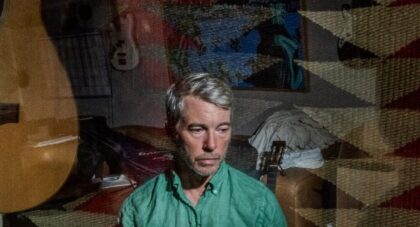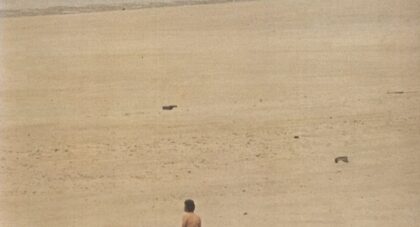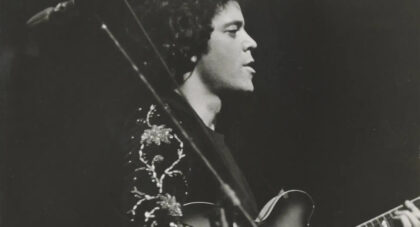This September - and how appropriate is that - Rhino brings us a wealth of Big Star related reissues and unreleased material. On the 15th comes Keep An Eye on the Sky, a 4-CD boxset that combines Big Star album tracks, alternate takes, demos and live material, and on . . .
Only the good shit. Aquarium Drunkard is powered by its patrons. Keep the servers humming and help us continue doing it by pledging your support.
To continue reading, become a member or log in.


